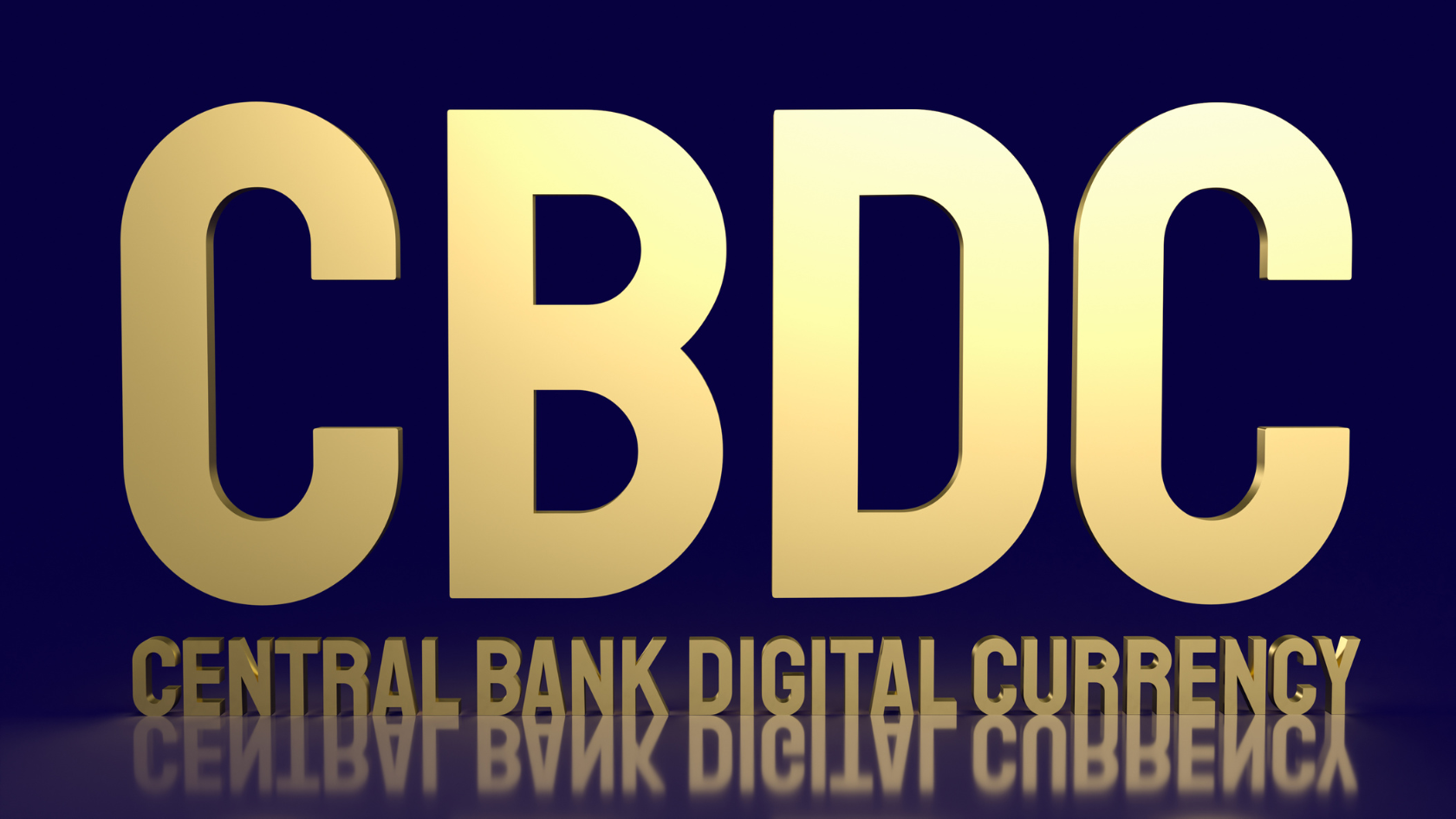The global financial crisis of 2007-2008 revealed the fragility of the world’s traditional economic systems. Central banks were forced to inject liquidity into the markets, and governments had to bail out banks and other financial institutions’ money.
The crisis also highlighted the need for an alternative system that could provide a more stable and efficient way of transferring value worldwide. Traditional bank accounts, credit cards, and financial services clearly had some problems and necessary solutions.
In 2009, Bitcoin was born, a timely solution to the world’s financial woes. In the years that followed, other cryptocurrencies emerged, each with its purported advantages.
Cryptocurrencies offer several advantages over traditional currencies. But what benefits do they provide? What can you do with them that you can’t do with regular money? Are they safe? Secure? How do people use them?
In this article, we’ll explore the answers to these questions. By the end, you should understand how cryptocurrencies work and the many ways they can benefit you.
What Are Cryptocurrencies?
Cryptocurrencies, such as Bitcoin (BTC) and Ethereum (ETH), are digital currency tokens that use cryptography to secure their transactions and control the creation of new units.
Cryptographic hash functions maintain security, prevent double-spending, and enable the system to function without a central authority.
Cryptocurrencies, unlike fiat currencies, are decentralized, meaning they’re not subject to government or financial institution control. Their decentralized nature makes them ideal for peer-to-peer transactions, global payments, and storing value.
Within this decentralized system, cryptocurrencies use a distributed ledger system called a blockchain to track transactions.
A blockchain is a public ledger, secure and transparent, that can track data, value, and other information. All cryptocurrency transactions on the blockchain are public and traceable to the original sender and recipient.
Benefits of Cryptocurrencies
Before we discuss the flagship features of cryptocurrencies, it’s important to note that not all of them share the same benefits. There are thousands of cryptocurrencies, many of which don’t share the features discussed below. In addition, as with any industry, there are leaders, fraudsters, and those in between.
Different cryptocurrencies have different consensus mechanisms, protocol rules, and amounts of validator nodes. In addition, cryptocurrencies compromise certain features to focus on others. It all depends on the creator’s priorities and goals.
Additionally, there are some disadvantages of cryptocurrency to know before you get a crypto wallet and start trading altcoins in the various available crypto exchanges. As an asset class, cryptocurrency has a high degree of volatility. Compared to other volatile ecosystems, such as the stock market, crypto offers an even higher degree of risk in exchange for even higher possible returns.
Another possible issue, though not unique to crypto as a medium of exchange, is hackers.
While crypto offers many security benefits over conventional currencies, as we’ll get into, you need to be cautious with your sensitive information related to cryptocurrency wallets and NFTs, just as you need to guard your information for bank and Paypal accounts.
So as always, do your research before investing in any cryptocurrency.
Without further ado, let’s explore some key advantages of cryptocurrencies.
1. Decentralization
As discussed, one of the most notable features of cryptocurrencies is their decentralized nature. Decentralization bolsters security and ensures that no single entity can control or manipulate the network.
Furthermore, cryptocurrency protocols confer network power to all participants in the system, giving no one entity too much control.
2. Transparency
Cryptocurrencies are open and transparent. All transactions are recorded on a public blockchain, viewable to anyone at any time or place. Transparency bolsters security by making it much harder for bad actors to hide their tracks.
It keeps bad actors accountable for their actions. With a transparent, publically accessible blockchain, anyone can see what’s happening in the network anytime.
Transparency and accountability are critical features of any sound financial system that seeks to nurture inclusivity, equity, and trust.
3. Immutability
Cryptocurrencies are immutable, meaning no single entity can tamper with or reverse transactions. Once a transaction is recorded on the blockchain, it cannot be altered or deleted.
Immutability is a crucial feature of blockchains, a revolution in computer programming that creates reliable, dependable, and tamper-proof systems.
4. Security
Cryptocurrencies are secure digital assets. Many cryptocurrencies have state-of-the-art security features, utilizing some of the most advanced hashing algorithms possible. Bitcoin, for example, uses the SHA-256 hashing algorithm, which the US National Security Agency uses.
As a result, hacking an actual blockchain is very unlikely, as the likelihood of cracking the hashing algorithm is astronomically low.
Furthermore, cryptocurrencies are often equipped with additional security features such as two-factor authentication, multi-signature digital wallets, and more to ensure that your private keys are as safe as possible.
While hacks happen at the wallet and protocol levels, cryptocurrencies are incredibly secure.
5. Peer-to-peer (P2P)
Peer-to-peer technologies enable decentralized, point-to-point transactions without needing a third party. Cryptocurrencies are often P2P, meaning that you can send and receive payments without the need for a bank or other financial institution.
Never before in economic history has it been so easy to send and receive payments without the need for a middleman. It hasn’t even been possible until now. The benefits are hard to overstate, as this cuts out hefty fees and gives you more control over your own money.
6. Lower fees
One of the most notable benefits of cryptocurrencies is that they often have much lower fees than traditional banking systems. When you make a transaction on the blockchain, you only need to pay a small price to the network.
This is in contrast to traditional banking systems, which often have high transaction costs, especially for international and wire transfers. While some periods of congestion raise fees on the blockchain, they are usually lower than traditional banking fees for final settlement.
With inventions like the Lightning Network, transaction fees are only getting lower.
7. Faster settlement times
Not to be confused with transaction times, settlement times refer to the time it takes for a transaction to be finalized and recorded on the blockchain.
For cryptocurrencies, settlement times are within minutes, as opposed to the one to three days it often takes for traditional bank transfers to finalize. While fast on the transaction level, everyday credit and debit cards often take days to settle officially with banks.
Cryptocurrencies’ superior settlement times are a significant advantage in our fast-paced world. And as mentioned, especially with advancements in cryptocurrency technology, we expect transaction times to improve so much that they’re nearly instantaneous.
8. Programmability
Cryptocurrencies are programmable, meaning that you can encode specific conditions into the transactions, allowing for a new level of versatility and functionality.
For example, let’s say you’re writing a will and want to set up a trust for your children. With traditional banking, this would be very difficult — and costly — to do. With cryptocurrencies, however, you can easily set up a trustless will that would execute automatically upon verification of your death certificate.
Or perhaps you want to set up a subscription service that automatically charges your customers monthly. Cryptocurrencies are money combined with code, enabling you to do unimaginable things.
9. Tokenization
Tokenization is converting assets into digital tokens on a blockchain. Tokenization is closely related to programmability, but it deserves its category because of the vast array of assets that can be tokenized.
So far, we’ve seen the tokenization of real estate and art to identity and loyalty points. The list grows daily, and some predict that all assets will eventually be tokenized.
Furthermore, with tokenization, you can fractionalize an asset — meaning you can own a tiny piece of a much larger asset, such as a piece of art or a real estate property. This opens up opportunities for investments previously off-limits to all but the wealthy.
10. Anonymity
One of the most talked-about features of cryptocurrencies is their anonymity. Your identity is not attached when you make a transaction on the blockchain. This is not to say that your identity can’t be traced — it can, but it’s more complex than with traditional banking systems.
For those who value privacy, this is a significant advantage. Know Your Customer (KYC) and Anti Money Laundering (AML) laws require exchanges to identify all customers, which goes against the anonymity many seek in cryptocurrencies.
However, cryptocurrencies like Monero and Zcash highly emphasize privacy and anonymity, and some exchanges cater to those who value those features.
Thinking Globally
While the above ten characteristics of crypto assets are compelling enough on their own, it’s important to remember that cryptocurrencies can benefit not just developed countries but the entire world.
That’s because cryptocurrencies are borderless — they can be used anywhere, at any time. Money is a technology, and borderless technologies have a way of bridging the gap between the haves and the have-nots.
Cryptocurrencies cultivate financial inclusion by providing access to those otherwise excluded from the traditional financial system.
And in countries with unstable economies, cryptocurrencies can provide a degree of otherwise missing stability.
Moreover, because cryptocurrencies bear no red tape, they can be quickly sent to anyone worldwide — even in countries with failing economies or oppressive regimes. And because they’re digital, they can’t be confiscated like cash can.
Here are some additional examples of how cryptocurrencies can benefit the world:
Micro-lending
In developing countries, there is a great need for small loans or micro-loans. However, the traditional banking system is not designed to provide such small loans profitably.
Cryptocurrencies can fill this void by enabling peer-to-peer lending on a global scale. Platforms like bZx are already doing this, and we expect to see more platforms emerge in the coming years.
Remittances
According to the World Bank, global remittances (money migrant workers send to their home countries) are expected to total $630 billion in 2022.
That’s a large sum of money and comes with a hefty fee — remittance companies can charge double-digit percentages for their services. This is a considerable burden for those who rely on remittances to support their families.
As a result, intermediaries are siphoning off their hard-earned money. Cryptocurrencies can help by providing a cheaper, faster way to send money globally.
Donations
Unfortunately, corruption is a big problem in many parts of the world. When you donate to a charity, you want to be sure that your money will help those in need and not line the pockets of corrupt officials.
Blockchain technology can make donations more transparent, so you can be sure that your money is going where it’s supposed to go.
These are just a few examples of how cryptocurrencies can benefit the world. We believe that as the technology matures and adoption grows, we’ll see even more ways in which cryptocurrencies can positively impact the world.
How Sarson Funds Can Help
Knowing where crypto assets are headed is critical for anyone who wants to stay ahead of the curve. At Sarson Funds, we’re committed to helping our clients navigate the ever-changing landscape of the cryptocurrency markets with expert-led research and analysis.
Sarson Funds also helps clients work with advisors to ensure they get the best possible advice regarding investing in cryptocurrencies.
If you’re looking for help navigating the crypto world, visit Sarson Funds’ website here to learn more.
Sources:
Multisignature Wallets Can Keep Your Coins Safer (If You Use Them Right) | CoinDesk
Remittances to Reach $630 billion in 2022 with Record Flows into Ukraine | World Bank





